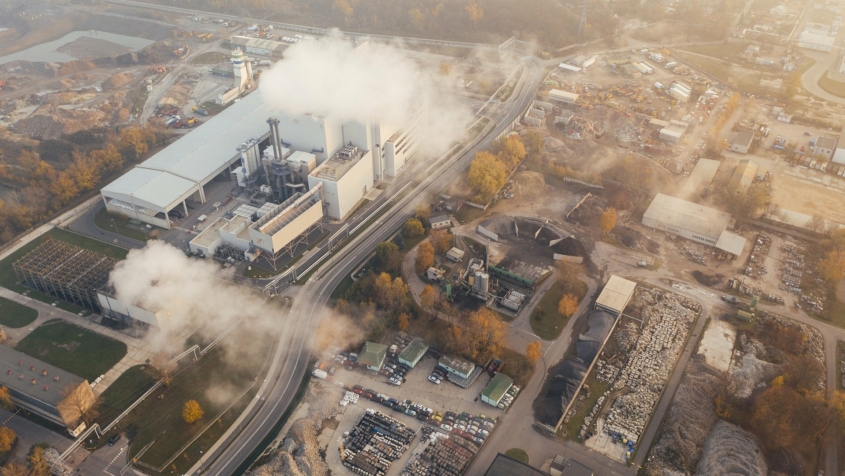Clean Energy Transition Should Benefit Communities of Color, Callahan Says
Colleen Callahan, deputy director of the UCLA Luskin Center for Innovation, spoke to Health about how to address environmental racism. “Race matters in the distribution of environmental hazards, dirty air, and polluted soil and water,” Callahan said. Communities of color are more likely to be burdened with environmental hazards, such as toxic waste and industrial pollution, that put residents at greater risk of illness and negative health outcomes, she said. They also experience fewer positive environmental benefits, such as quality parks, compared with white communities, she added. According to Callahan, it is not enough for environmental policies to be race neutral. “Communities of color and low-income households disproportionately harmed by pollution from our fossil-fueled economy should also disproportionately benefit from the transition to a clean economy,” she said. “Health disparities, education disparities, economic disparities and more are linked to where we live — our environment.”










Leave a Reply
Want to join the discussion?Feel free to contribute!